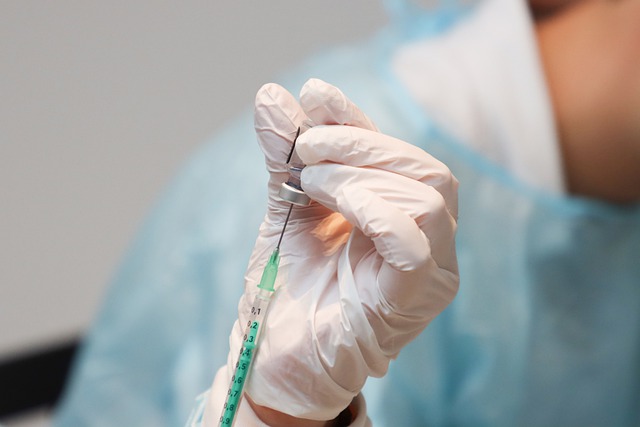EDMONTON, AB – One, two, three, and now four doses of COVID-19 vaccine.
The Alberta government has given the green light for fourth doses to be administered to folks who are immunocompromised. That makes more than 80,000 Albertans eligible to soon get another jab.
Chief Medical Health Officer, Dr. Deena Hinshaw says individuals with certain health conditions can benefit from a fourth shot. “With the rapid spread of the Omicron variant, we want to provide these Albertans with additional protection against the virus.”
The following is a list of conditions that would make Albertans eligible now for a fourth dose of COVID-19 vaccine:
- Transplant recipients, including solid organ transplants and hematopoietic stem cell transplants.
- Individuals with malignant hematologic disorders and non-hematologic malignant solid tumors prior to receiving or receiving active treatment (chemotherapy, targeted therapies, immunotherapy or having received previous COVID-19 vaccines while on active treatment), excluding individuals receiving solely hormonal therapy, radiation therapy or a surgical intervention.
- Individuals being treated with an anti-CD20 monoclonal antibody such as Rituximab.
- Individuals with chronic kidney disease on dialysis.
- Recipients of chimeric antigen receptor (CAR)-T-cell therapy.
- Individuals with moderate to severe primary immunodeficiency (e.g., DiGeorge syndrome, Wiskott-Aldrich syndrome).
- Individuals with Stage 3 or advanced HIV infection and those with acquired COVID-19 immunization.
- Individuals undergoing immunosuppressive therapies (e.g., anti-B cell therapies, high-dose systemic corticosteroids, alkylating agents, antimetabolites, or tumornecrosis factor (TNF) inhibitors and other biologic agents).
- Individuals on certain medications for autoimmune diseases, including rituximab, ocrelizumab and ofatumumab.
- Advertisement -




